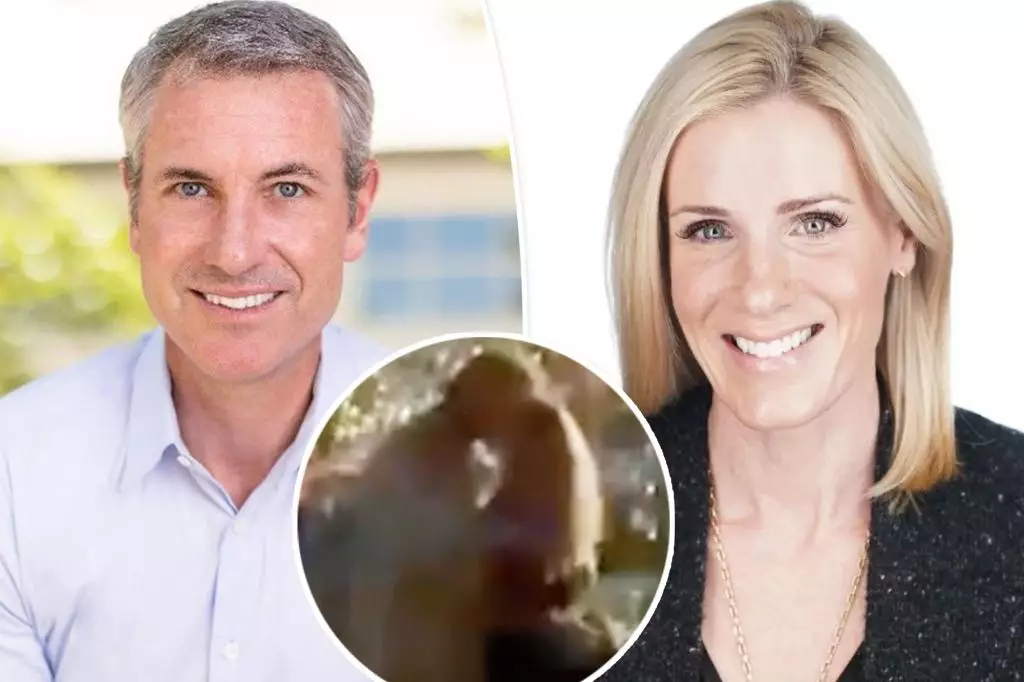In an era where personal lives are under constant scrutiny, the recent scandal involving astronomer CEO Andy Byron and HR Chief Kristin Cabot underscores how quickly private moments can become defining public narratives. Their indiscretions at a concert became instant tabloid fodder, illustrating the delicate boundary between personal freedom and professional reputation. This incident exemplifies how even minor lapses in judgment, when caught on camera, can unravel years of corporate trust and personal credibility. In high-profile industries, such behaviors do not merely reflect on individuals but also cast shadows over the institutions they represent. The loss of privacy in today’s social media-driven environment demands a level of self-awareness that many executives seem to overlook, often to their peril.
Consequences Beyond the Moment of Embarrassment
The fallout from Byron and Cabot’s PDA escapade exposes the profound impact of celebrity-like scandals on professional trajectories. Their quick attempt to extricate themselves from view, coupled with words like “f–king hell,” reveals a panic-driven response rooted in fear of reputational damage. However, this reaction only amplifies the issue, transforming an intimate moment into a spectacle that dominates headlines. Byron’s wife’s removal of her social media presence signals an attempt to erase or control the narrative, highlighting the emotional toll that such breaches can inflict on personal relationships. Similarly, Cabot’s apparent co-ownership of a luxury property alongside her spouse suggests a complex web of personal commitments that can be heavily scrutinized in light of professional missteps. It becomes clear that scandals extend beyond immediate embarrassment—they threaten familial stability and personal integrity.
Corporate Culture and Accountability in the Spotlight
Astronomer’s swift response—launching a formal investigation and placing Byron and Cabot on leave—reflects a broader trend among companies to prioritize reputation management over ambiguous past behaviors. This proactive stance signals an understanding that leadership credibility is paramount, and failures in personal conduct can jeopardize the entire organization’s culture. The incident prompts questions about what standards are expected from senior figures, especially those in influential roles. Are companies fostering environments where personal boundaries and moral integrity are valued equally with technical expertise? The episode suggests that transparency and accountability are not just legal obligations but ethical imperatives to ensure that employees’ private actions align with organizational values. For CEOs and HR leaders alike, it serves as a stark reminder: silence and denial are no longer tenable in the era of real-time social media backlash.
Lessons for the Future: Redefining Personal Boundaries
This incident prompts a broader reflection on the importance of boundaries and the pitfalls of living publicly. Executives need to understand that personal conduct, especially moments captured on camera and shared en masse, can have lasting professional repercussions. The modern leader must navigate a delicate balance—being authentic without sacrificing the professionalism expected of their position. The Byron-Cabot scandal underscores the importance of self-awareness and discretion, even in seemingly benign personal interactions. It also raises a compelling question: how many other high-powered professionals are risking their careers for fleeting moments of personal pleasure? By examining this episode critically, organizations can better understand the importance of fostering a culture where integrity and respect extend beyond the workplace into personal life, recognizing that privacy and professionalism are inseparably linked in today’s hyper-connected world.

